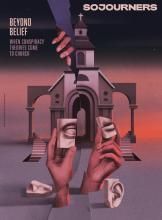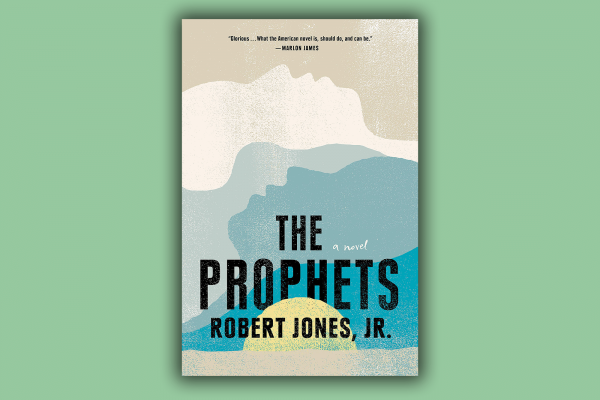ON A MISSISSIPPI plantation known as “Empty,” two young enslaved people work and live in the barn, tending to the animals and each other. Despite opposing personalities, Isaiah and Samuel fit together: Where Isaiah is soft and accommodating, Samuel is hard and unyielding. As Samuel actively fights the system that seeks to bend him, Isaiah bends to survive, even as he mourns the name that was stolen from him. While Empty constantly seeks to erase their humanity, these young men find a quiet peace in their love, which touches the community around them.
In The Prophets, Robert Jones Jr. richly renders the perspectives of the enslaved and their enslavers, allowing for a complexity that a story with a single point of view would miss. The novel contains multitudes, among them a love story, an epic, an origin story, and a spiritual journey. This formidable debut weaves the ancestral past with the characters’ present to illuminate histories, realities, and possibilities that are just beyond reach. In his testament to Black queer love and storytelling, Jones confronts questions of gender, power, and consent in the wake of the transatlantic slave trade.
As the owner of Empty, Paul’s priority is to breed more slaves, and Isaiah and Samuel’s union poses a threat to these goals. In his own attempt at survival, the slave Amos proposes a solution: In exchange for “being learned in the ways of Christ, which meant being learned in ways forbidden by law,” he would preach to his fellow slaves and instill that “docility was treasured over rebellion.” For Amos, a glimpse of freedom means access to doors that have been closed to him. But for Amos to succeed, Samuel and Isaiah must give up their ability to choose who they can love.
Read the Full Article

